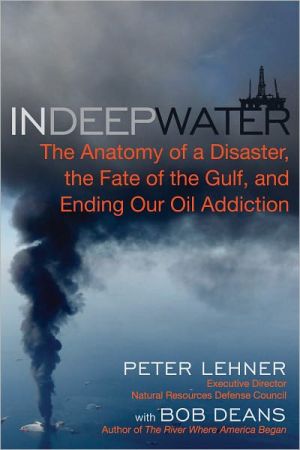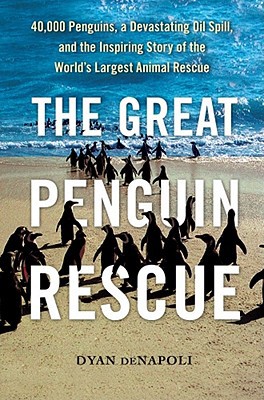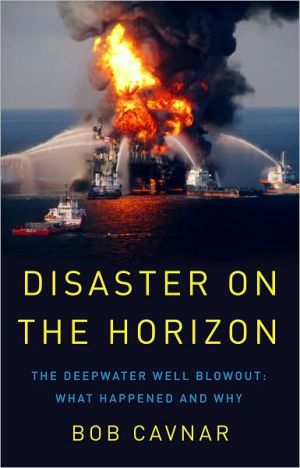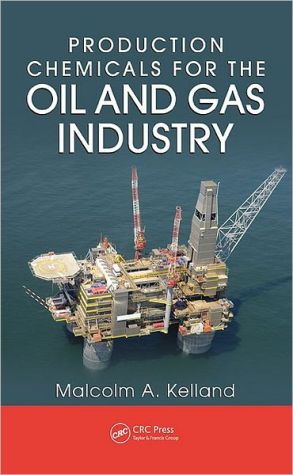In Deep Water: The Anatomy of a Disaster, the Fate of the Gulf, and Ending Our Oil Addiction
When Deepwater Horizon’s well blew out on April 20, 2010, the resulting explosion claimed eleven lives. Over the next two months, an estimated 200 million gallons of crude oil spewed into the Gulf of Mexico, a haven of biodiversity and one of the world’s prime fishing grounds. The resultant oil slick covered 2,500 square miles, killing wildlife and menacing the coastline—and many thousands of jobs—from Texas to the Florida Keys, and beyond.\ How and why did this happen? Who was responsible?...
Search in google:
When Deepwater Horizon’s well blew out on April 20, 2010, the resulting explosion claimed eleven lives. Over the next two months, an estimated 200 million gallons of crude oil spewed into the Gulf of Mexico, a haven of biodiversity and one of the world’s prime fishing grounds. The resultant oil slick covered 2,500 square miles, killing wildlife and menacing the coastline—and many thousands of jobs—from Texas to the Florida Keys, and beyond.How and why did this happen? Who was responsible? And what can be done to make sure such a devastating accident never happens again? In Deep Water answers these questions and more. Drawing on the work of the 400 scientists, activists, and researchers at the Natural Resources Defense Council, In Deep Water documents the environmental and human toll of this tragedy—and underscores that our often wasteful over-reliance on oil comes at an ever-greater cost to us and to the planet we inhabit. Publishers Weekly NRDC director Lehner and author Deans (The River Where America Began) open their informative anatomy with three questions: What happened? How did we arrive at this point? And where must we go from here? Their answers form a concise narrative about the politics of oil and the environmental implications, and the human impact from current production and accidents. Equally comfortable describing the geological history of the Gulf and the fishing life known to generations, the authors trace the story of a disaster that resulted in an oil spill of 200 million gallons. Readers will be disturbed to learn that BP's engineers and executives had been warned of faults in the process, offering them numerous chances to avoid the 11 deaths and resulting spill. Lehner and Deans discuss the ultimate disaster's source - the unquenchable American thirst for oil - and suggest well-known means of reducing dependency, such as hybrid vehicles, electric trains and increased use of rail transport, and alternative fuels. While the authors do interpret government policy, readers will find the book based in facts and research. (Oct.)
\ Publishers WeeklyNRDC director Lehner and author Deans (The River Where America Began) open their informative anatomy with three questions: What happened? How did we arrive at this point? And where must we go from here? Their answers form a concise narrative about the politics of oil and the environmental implications, and the human impact from current production and accidents. Equally comfortable describing the geological history of the Gulf and the fishing life known to generations, the authors trace the story of a disaster that resulted in an oil spill of 200 million gallons. Readers will be disturbed to learn that BP's engineers and executives had been warned of faults in the process, offering them numerous chances to avoid the 11 deaths and resulting spill. Lehner and Deans discuss the ultimate disaster's source - the unquenchable American thirst for oil - and suggest well-known means of reducing dependency, such as hybrid vehicles, electric trains and increased use of rail transport, and alternative fuels. While the authors do interpret government policy, readers will find the book based in facts and research. (Oct.)\ \







